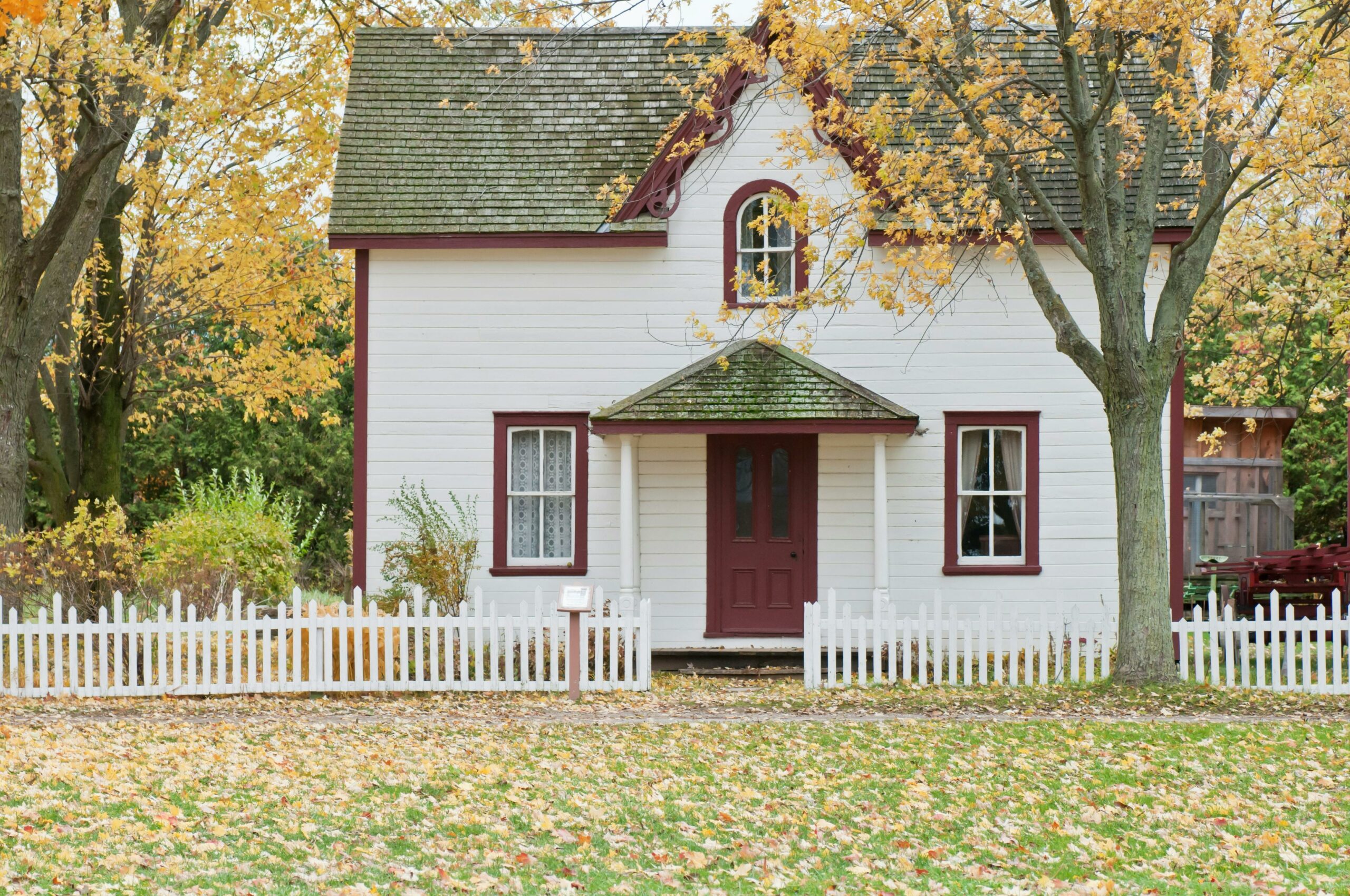House flipping, a real estate investment strategy that involves purchasing properties, renovating them, and selling them for a profit, is a popular real estate investment strategy. Television shows and success stories have glamorized this venture, making it an appealing option for many aspiring entrepreneurs. However, one pressing question for anyone considering this path is: how much do house flippers actually make on average?
Understanding the House Flipping Market
To understand the earnings from house flipping, it’s important to first grasp the dynamics of the real estate market. House flipping is influenced by various factors including location, the state of the property market, economic conditions, and the skill level of the flipper. It’s a venture that requires not just an understanding of real estate but also skills in budgeting, renovation, and market trends.
Average Profit in House Flipping
Determining an exact average profit for house flippers can be challenging due to the variability in the market. However, industry reports and surveys provide some insight. According to a 2023 report by Attom Data Solutions, the average gross profit on house flips has seen some variation throughout 2023. In the first quarter of 2023, the typical gross flipping profit was around $56,000, which was a 4.7% increase from $53,500 in the fourth quarter of 2022 but still 20% lower than the $70,000 in the first quarter of 2022. This represented a 22.5% return on investment compared to the original acquisition price. It’s crucial to note that this figure represents gross profit, which doesn’t account for the expenses incurred during the flipping process such as purchase costs, renovation expenses, taxes, and selling costs.
Take your real estate investing to new heights with Oambase, our advanced property investment analysis software. Streamline your deal analysis, access comprehensive market data, and make informed, profitable decisions with ease. Start your journey towards smarter investing today!
Net Profit Considerations
The net profit is what a flipper actually earns after all expenses. This can vary greatly depending on several factors:
- Purchase Price: Buying the property at the right price is crucial. The lower the purchase price, the higher the potential profit margin.
- Renovation Costs: These can vary widely based on the property’s condition and the extent of the renovations needed. Experienced flippers often have a network of cost-effective contractors and suppliers.
- Holding Costs: These include property taxes, insurance, and possibly loan interest if the property was purchased with financing.
- Selling Costs: These typically include agent commissions and other fees associated with the sale.
Profit Margin Trends
Profit margins in house flipping have shown a slight decline in recent years. This is attributed to rising property prices and increased competition in the market. However, savvy flippers who can find undervalued properties and manage renovation costs effectively can still achieve substantial margins.
Regional Variations
The location of the property plays a significant role in the profitability of a flip. Some regions offer higher average profits due to factors like economic growth, housing demand, and market conditions. It’s always advisable to conduct thorough market research before choosing a property to flip.
The Role of Experience
Experience is a key factor in successful house flipping. Seasoned flippers often have a better eye for properties with potential, a good understanding of renovation costs, and skills in negotiating both purchase and sale prices. As flippers gain more experience, their average profits can increase.
Risks and Challenges
It’s important to acknowledge that house flipping comes with its fair share of risks. Market fluctuations, unexpected renovation challenges, and overestimating the property’s final value are common pitfalls. Successful flippers are those who can navigate these risks effectively.
Conclusion
House flipping can be a lucrative venture, but it’s not without its challenges. The average profit varies based on numerous factors, with gross profits often in the tens of thousands of dollars. However, the key to success lies in careful property selection, efficient budget management, and a deep understanding of the real estate market. Like any investment, it requires due diligence, skill, and a bit of luck. For those willing to put in the effort and learn the ropes, house flipping can be a rewarding and profitable endeavor.
Explore More
ATTOM – Home Flipping Activity Drops As Profits Rise Across U.S. In Second Quarter Of 2023
The Motley Fool – The House Flipping Statistics Investors Should Know in 2023






